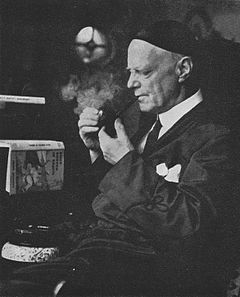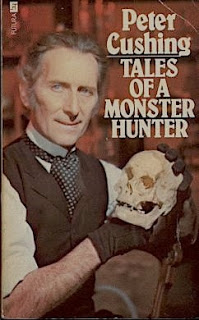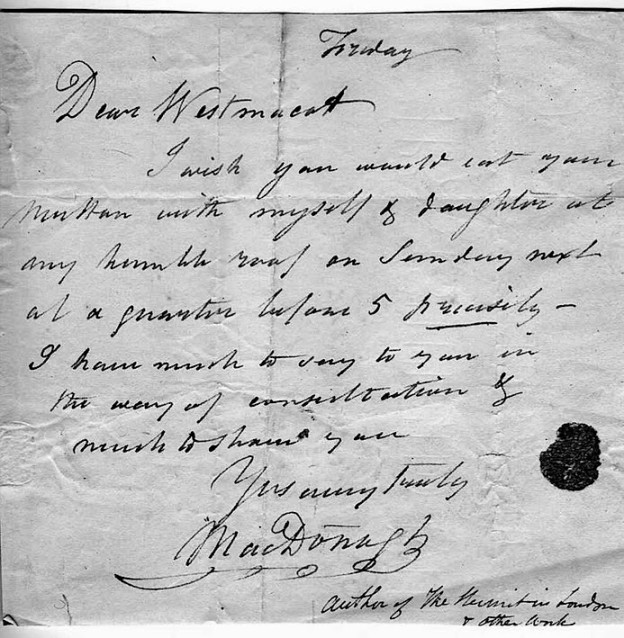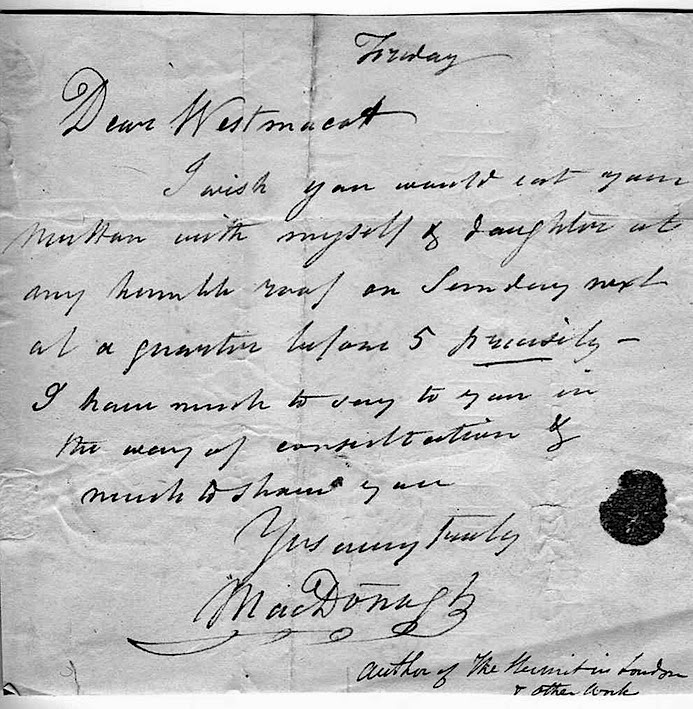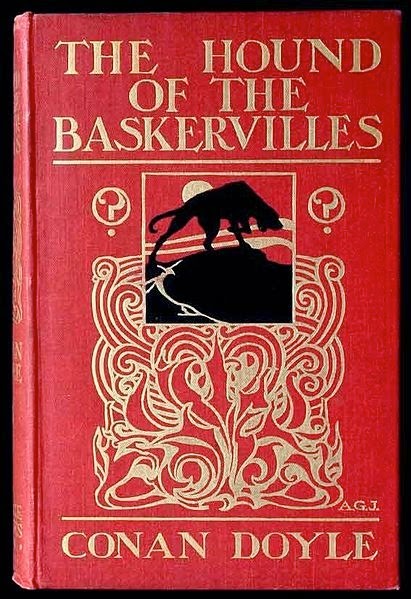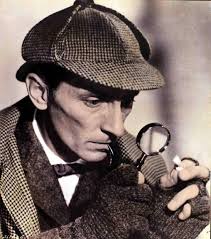 We all know about the nerds who post online corrections to errors or omissions in books, films, dramatisations and the like. Well back in 1987 , before the Internet made it all too easy, there were people like R. Lujer, who typed their complaints to—in this case—the publisher of Peter Haining’s The Television Sherlock Holmes. Haining, who was doubtless royally entertained by this particular letter, kept it in his Archive. Here it is in full.
We all know about the nerds who post online corrections to errors or omissions in books, films, dramatisations and the like. Well back in 1987 , before the Internet made it all too easy, there were people like R. Lujer, who typed their complaints to—in this case—the publisher of Peter Haining’s The Television Sherlock Holmes. Haining, who was doubtless royally entertained by this particular letter, kept it in his Archive. Here it is in full.
Dear Mr Haining,
I received a copy of your book last Christmas and have thoroughly enjoyed dipping into it before embarking upon a more orthodox read, until I reached page 179 and “The Mystery of Watson’s Dog”. I remember the review by Nancy Banks Smith and thought at the time that she had resurrected a non-event. The real mystery is the TRAIN, not the dog.
Bulldogs experience, as a rule, shortish lives, the result of overweight front ends and convolutory respiratory passages. Trains, or more exactly steam locomotives, generally had working lives of 50 or more years. Even some of the G.W.R. “Bulldog” class of 1901, transformed into “Earls” in the 1930s, were still running in the 1960s. Surely Watson’s dog simply died an early, natural death; and he found it convenient or prudent (or both) not to secure a replacement.But what of the locomotive in “The Copper Beeches”? Continue reading

